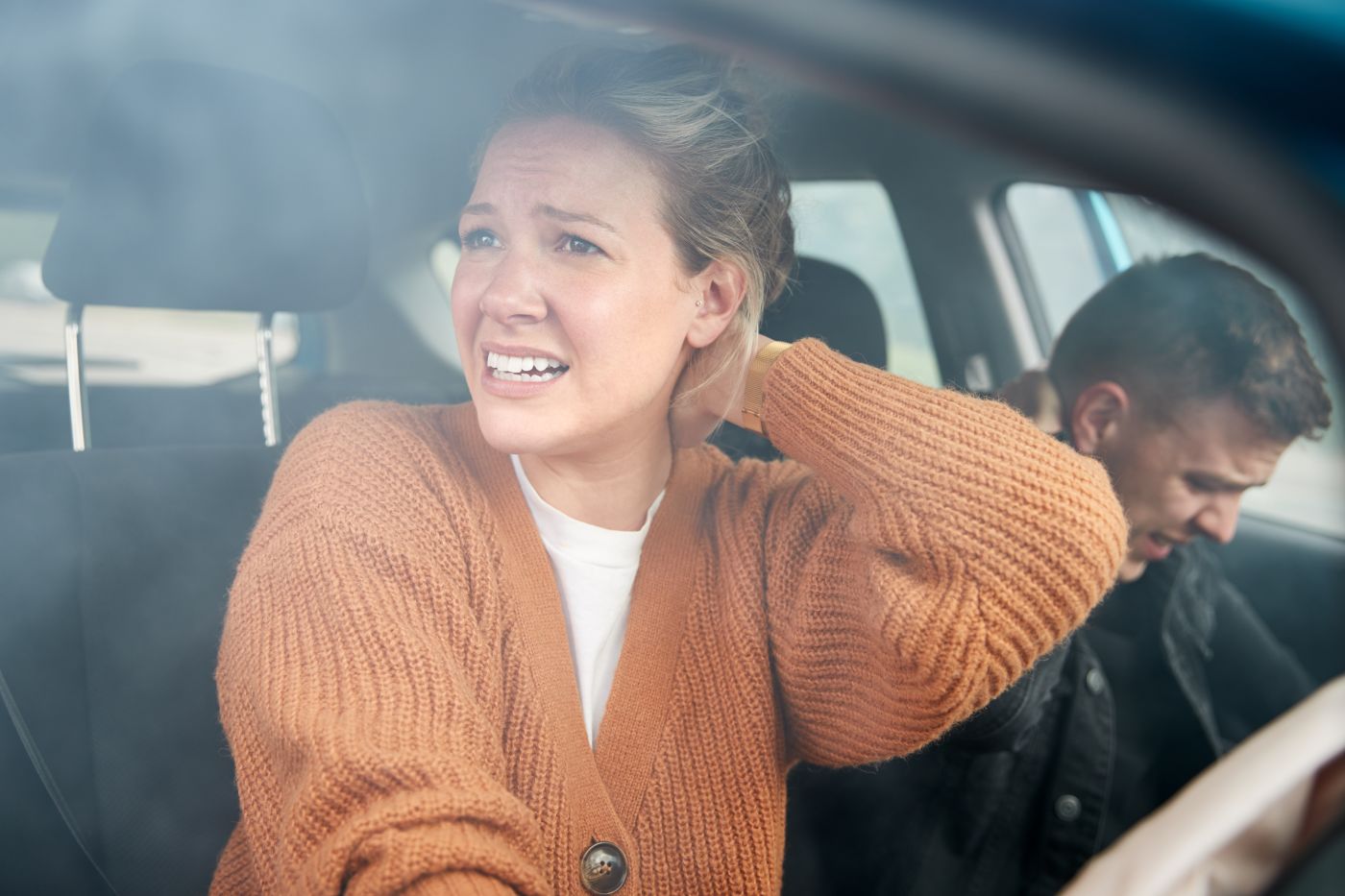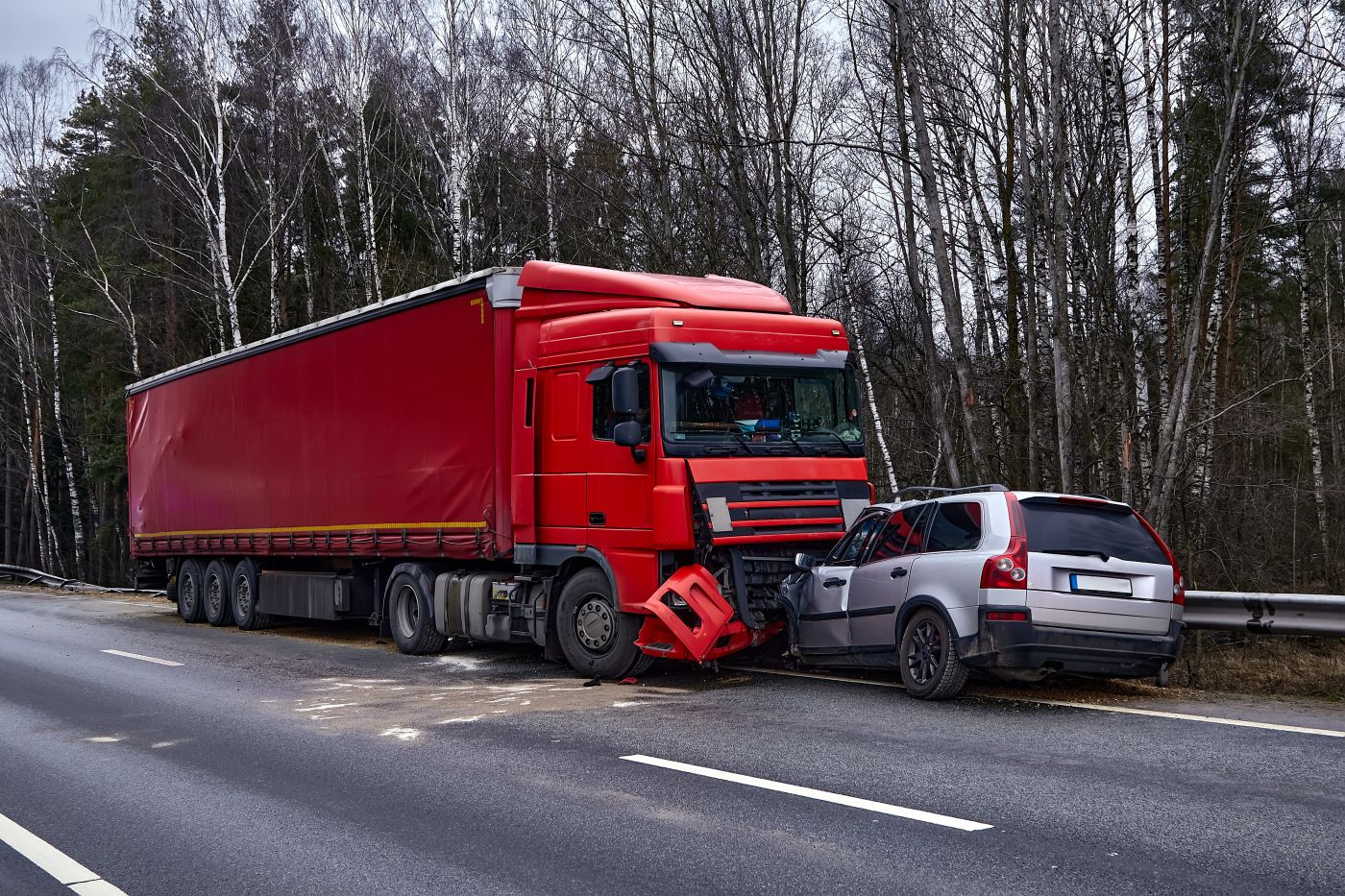
The rise of rideshare services like Uber and Lyft has transformed the way people travel. These companies offer convenience, affordability, and accessibility, but they also raise intricate legal issues, especially when accidents occur. One of the most pressing questions in these situations is: Who is liable in a rideshare accident—the driver or the company?
This question is particularly significant in Massachusetts, where state law interacts with evolving business models and insurance structures. Determining liability involves an understanding of Massachusetts tort law, insurance regulations, the employment classification of drivers, and the specific policies of rideshare companies.
Understanding the liabilities in these cases is crucial when moving through a personal injury case involving rideshare accidents. At Gregory Casale Attorney At Law, I’m equipped with the knowledge and skill to help with your case. Here, we’ll discuss the various legal perspectives on liability in Massachusetts rideshare accidents.
Overview of Rideshare Services and Liability Issues
Rideshare companies, or Transportation Network Companies (TNCs), operate by connecting passengers with independent drivers through smartphone apps. These services differ from traditional taxi companies, where drivers are often employees of the company.
Rideshare companies assert that their drivers are independent contractors, a distinction that significantly affects liability issues.
When an accident occurs involving a rideshare vehicle, determining who is responsible for compensating the injured party depends on a variety of factors:
Who caused the accident
What stage of the ride the driver was in
Whether the rideshare driver was logged into the app
The type of insurance coverage in place at the time of the incident
Legal Structure in Massachusetts
TNC Regulation in Massachusetts
Massachusetts was one of the first states to pass comprehensive legislation regulating rideshare companies. In 2016, Massachusetts Governor Charlie Baker signed An Act Regulating Transportation Network Companies. This law mandates licensing, background checks, and insurance requirements for TNCs.
One of the law's key provisions involves insurance requirements, which vary depending on the driver’s status at the time of the accident:
Offline (not logged into the app): The driver’s personal auto insurance is the only coverage available.
Logged in but no ride accepted: The TNC must provide minimum liability coverage of $50,000 per person, $100,000 per accident for bodily injury, and $30,000 for property damage.
En route to pick up or carrying a passenger: The TNC must provide $1 million in liability coverage, plus uninsured and underinsured motorist coverage and contingent collision coverage.
At-Fault State
Massachusetts is a no-fault insurance state for minor car accidents. This means that each driver’s own insurance covers their initial medical bills and lost wages, regardless of who caused the accident. However, for serious injuries or property damage, the injured party can step outside the no-fault system and pursue a liability claim against the at-fault party.
This dual system complicates liability in rideshare accidents, particularly when multiple parties are involved and when injuries are severe.
Liability in Rideshare Accidents
Liability in rideshare accidents in Massachusetts generally depends on the driver’s status at the time of the accident, the type of claim, and whether the company can be held liable under agency or employment law.
Driver as Independent Contractor
Rideshare companies like Uber and Lyft classify their drivers as independent contractors rather than employees. This classification means the companies are generally not vicariously liable for drivers’ negligence under traditional respondeat superior principles.
However, there are exceptions, particularly when:
The company exerts significant control over the driver’s activities
The company's actions (e.g., algorithmic influence, safety protocols) contributed to the accident
The driver was actively using the app and working on behalf of the company
In such cases, plaintiffs may argue that the rideshare company had a duty of care that was breached, leading to direct or indirect liability.
When the Driver Is at Fault
If the driver is at fault, liability largely hinges on their activity at the time:
Not on duty: The driver’s personal insurance applies, and the company is generally not liable.
Logged in, awaiting a ride request: The company’s limited liability insurance is triggered.
En route to a passenger or carrying one: The TNC’s $1 million policy applies.
This structured liability make-up helps protect passengers and third parties, but disputes can still arise over timing, app usage, and the scope of coverage.
When a Third Party Is at Fault
In some cases, the rideshare driver or passenger isn’t at fault; instead, another driver or party caused the accident. In such situations:
The at-fault party's insurance is responsible for damages.
If that party is uninsured or underinsured, the TNC’s UM/UIM coverage (uninsured/underinsured motorist) may apply—especially if the accident occurred while a passenger was being transported.
Determining liability in rideshare accidents in Massachusetts involves an intricate interplay of factors, including the driver's status, the actions of the rideshare company, and insurance coverage. While rideshare companies often classify drivers as independent contractors to limit their liability, there are exceptions where the company may be held responsible.
Legal Theories of Liability Against the Rideshare Company
In some cases, plaintiffs attempt to hold the rideshare company directly liable using legal theories beyond vicarious liability.
Negligent Hiring or Retention
Plaintiffs may argue that the company was negligent in hiring or retaining a driver with a poor driving record or criminal background. While Massachusetts law mandates background checks, errors or oversights could support this claim.
Failure to Maintain Safety Standards
If the company failed to confirm that a vehicle met safety standards or ignored reports of dangerous behavior, plaintiffs might claim that the company was directly negligent.
Product Liability
In rare cases, liability might extend to defective app features or algorithmic decisions that contributed to the accident, for example, incentivizing unsafe driving through bonus structures.
Rideshare companies can be held directly liable for accidents under legal theories such as negligent hiring or retention, failure to maintain safety standards, and product liability. While Massachusetts law mandates background checks on drivers, if companies fail to uphold safety standards or make poor hiring decisions, they can be held liable for any resulting accidents.
Passenger Rights in Rideshare Accidents
Rideshare passengers in Massachusetts are entitled to compensation for injuries, regardless of fault, under PIP (Personal Injury Protection) up to $8,000. If injuries are severe, they may pursue claims against:
The rideshare driver
The TNC
Third-party drivers
Passengers are generally not liable for any damages unless they contributed to the accident in some unusual way.
Recent Case Law and Trends
Massachusetts courts have increasingly scrutinized the classification of rideshare drivers. In 2020, the state attorney general sued Uber and Lyft to reclassify drivers as employees. Though unresolved as of this writing, the outcome could significantly change liability dynamics.
Class Action Lawsuits
Several class actions have been filed over:
Misclassification of drivers
Insurance coverage denials
Unsafe rideshare practices
These cases reflect a growing legal push to hold rideshare companies more accountable.
Practical Implications for Drivers and Passengers
For Drivers:
Understand your insurance coverage and notify your insurer about rideshare activity.
Avoid relying solely on the TNC’s policy—personal policies with rideshare endorsements are available.
Keep the app status clear, as it affects coverage.
For Passengers:
Always report accidents to the TNC and document the ride through the app.
Seek medical attention and file a PIP claim promptly.
If serious injuries occur, consult an attorney to assess whether third-party claims are viable.
Liability in a Massachusetts rideshare accident is nuanced and highly fact-specific. While rideshare drivers are often held liable in their individual capacity, rideshare companies may also be responsible depending on the driver's status, the company’s oversight, and broader legal theories.
Massachusetts law provides a structured make-up through TNC regulations and insurance mandates, yet legal gray areas persist, particularly around employment classification and the application of traditional tort doctrines.
Whether liability ultimately falls on the driver, the company, or both will depend on a careful analysis of the circumstances, contractual relationships, and applicable state laws. For now, a combination of personal responsibility, regulatory compliance, and legal advocacy remains the best safeguard against the uncertainties of rideshare accidents.
Contact Me Today
As rideshare services evolve and new legal precedents emerge, both drivers and passengers must remain informed. If you’ve been in a rideshare accident and need the guidance of a lawyer, I, Gregory Casale, a here to fight for you and your case. I serve clients in Shrewsbury, Worcester, Clinton, Dudley, East Brookfield, Leominster, Gardner, Milford, Westborough, and throughout Massachusetts, and am equipped with the skill to take on your case. Call me today.


